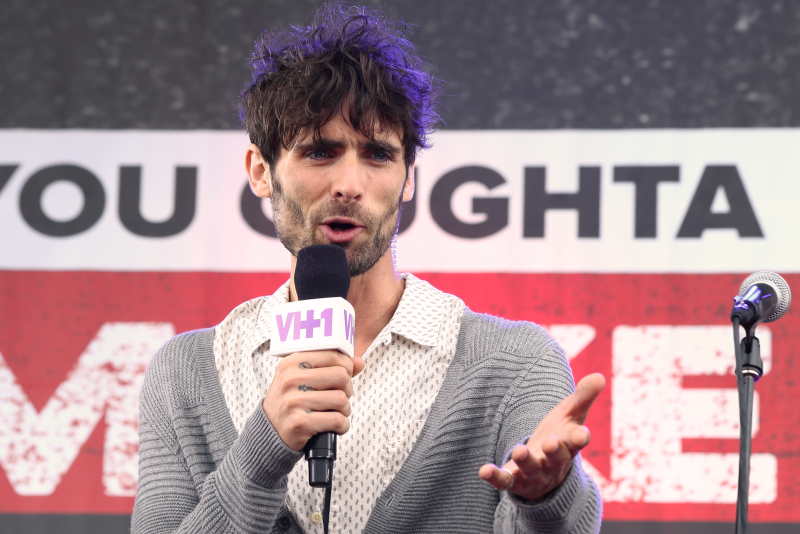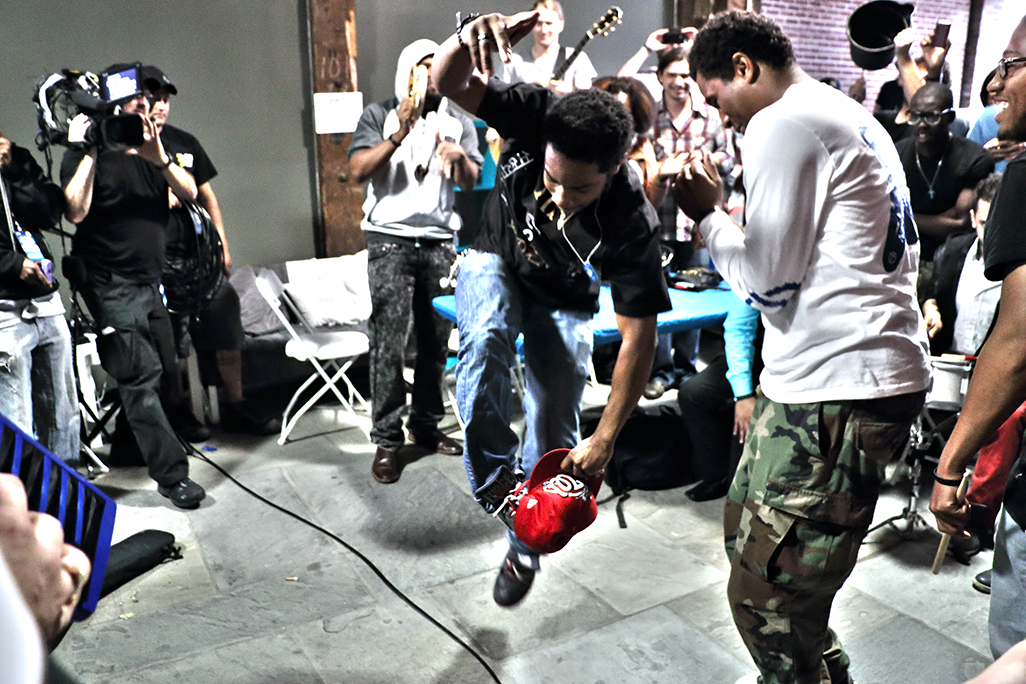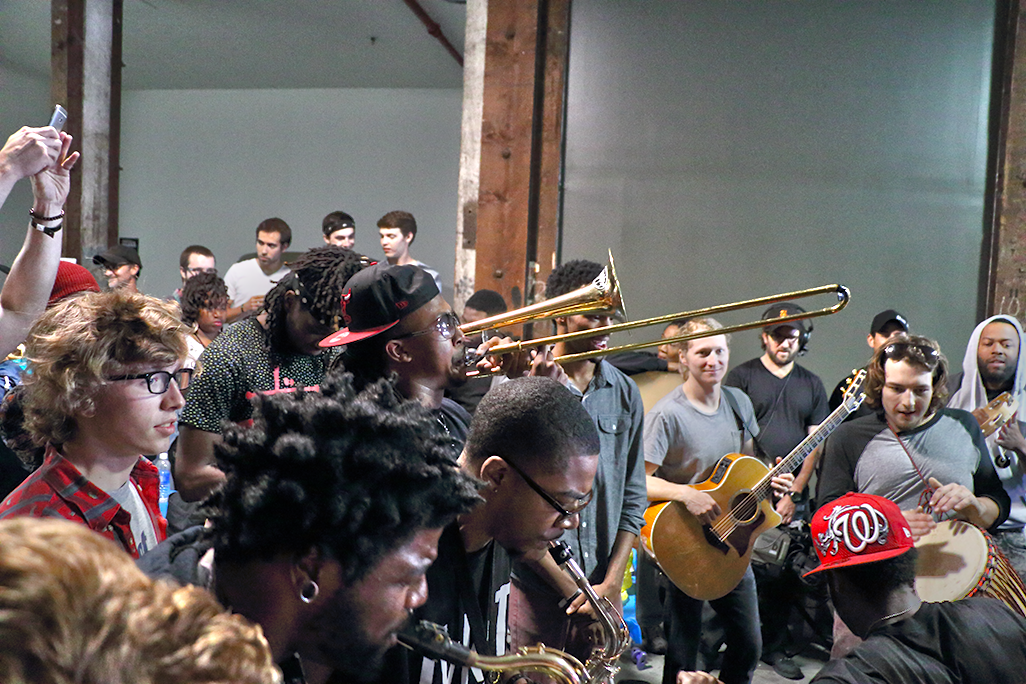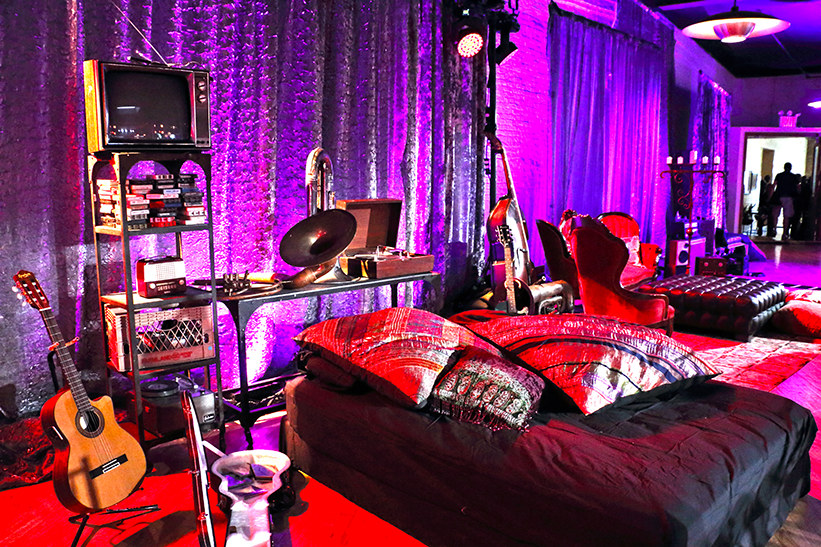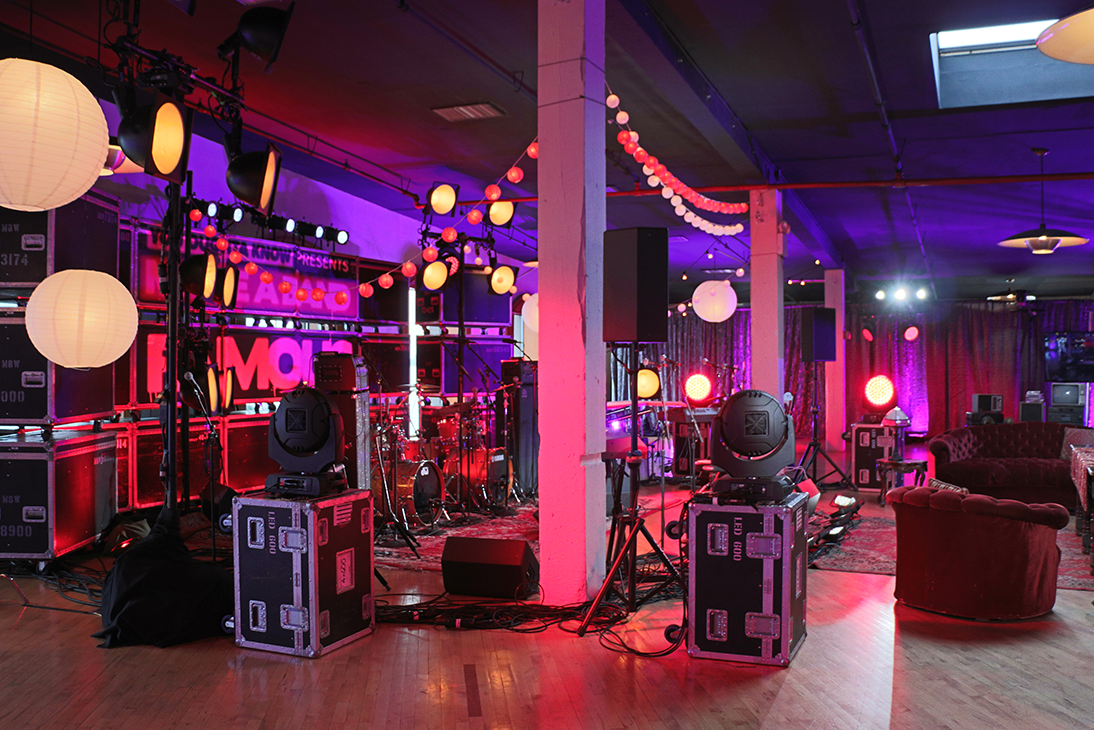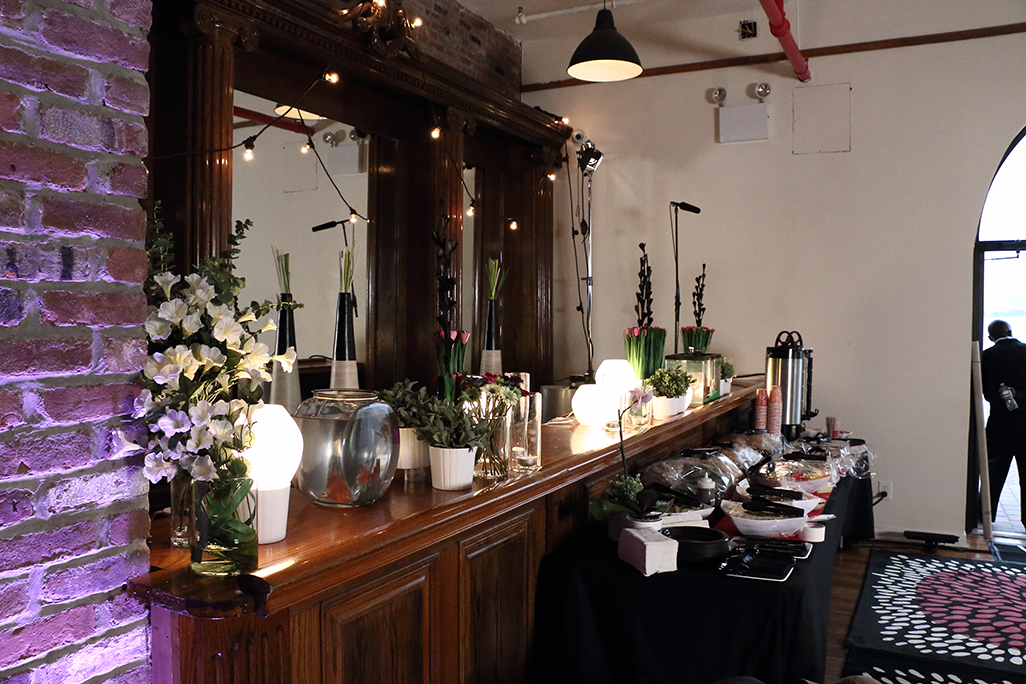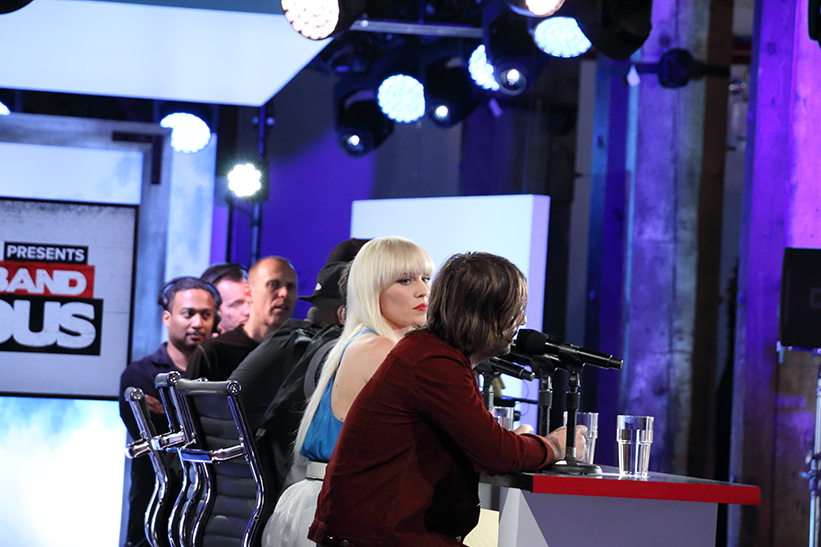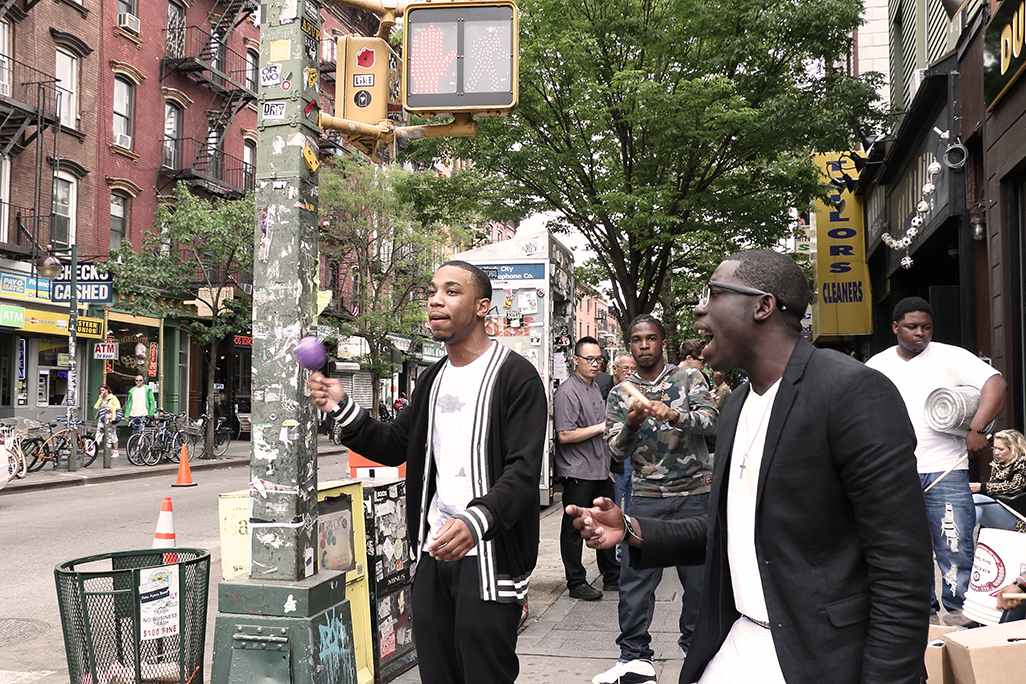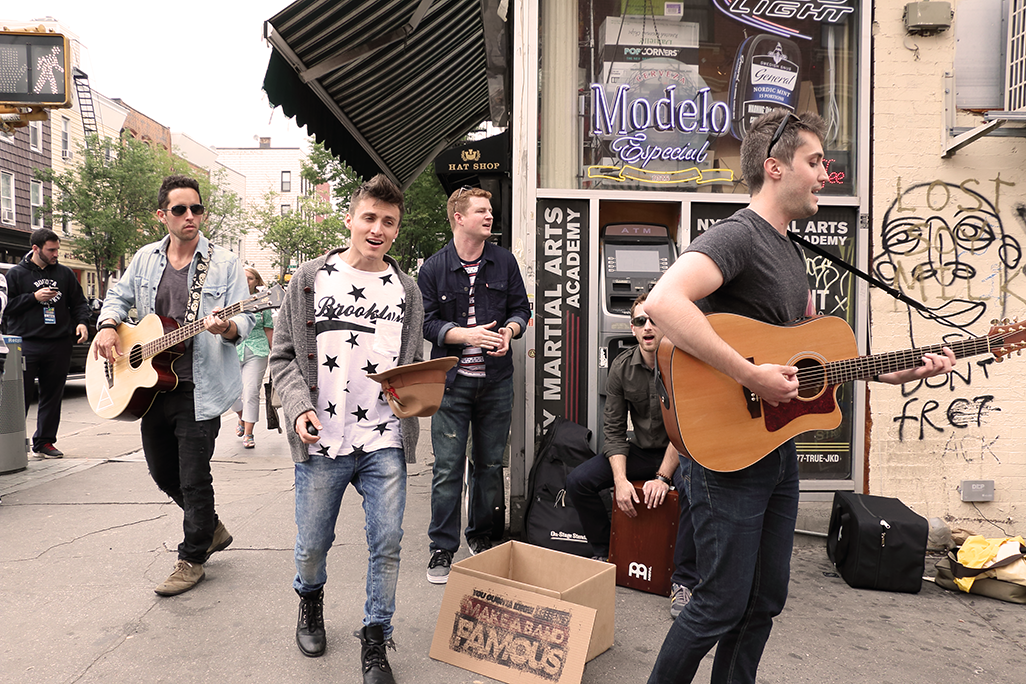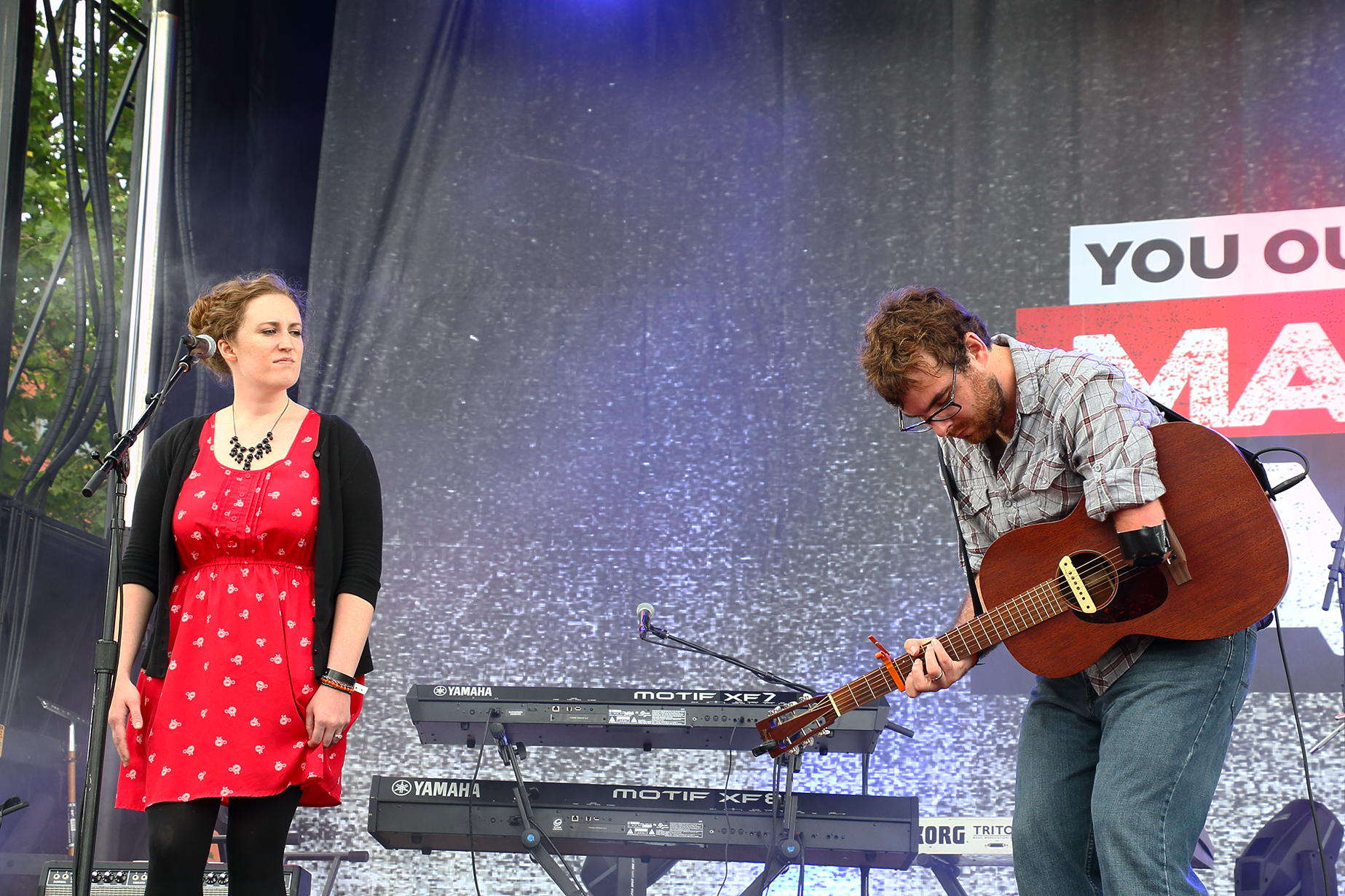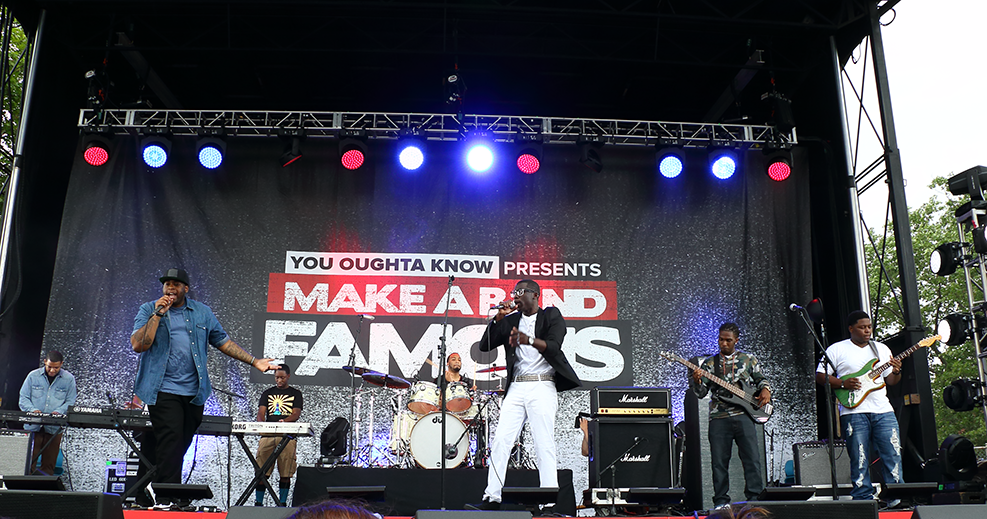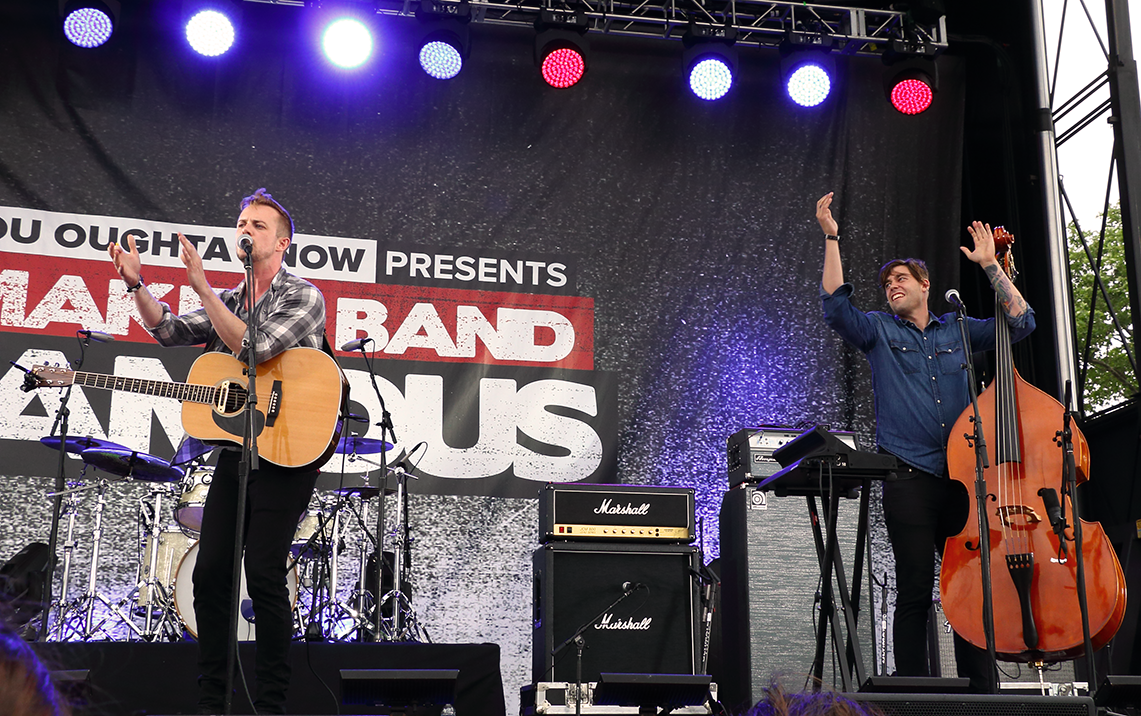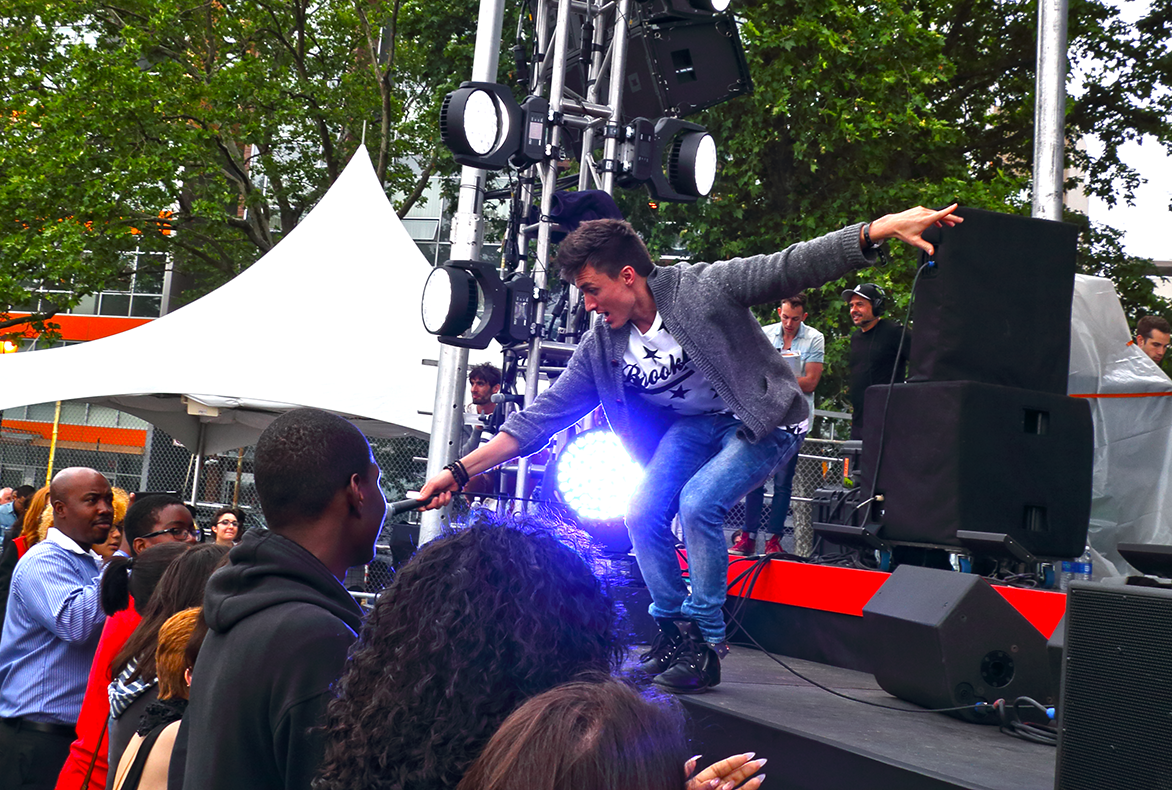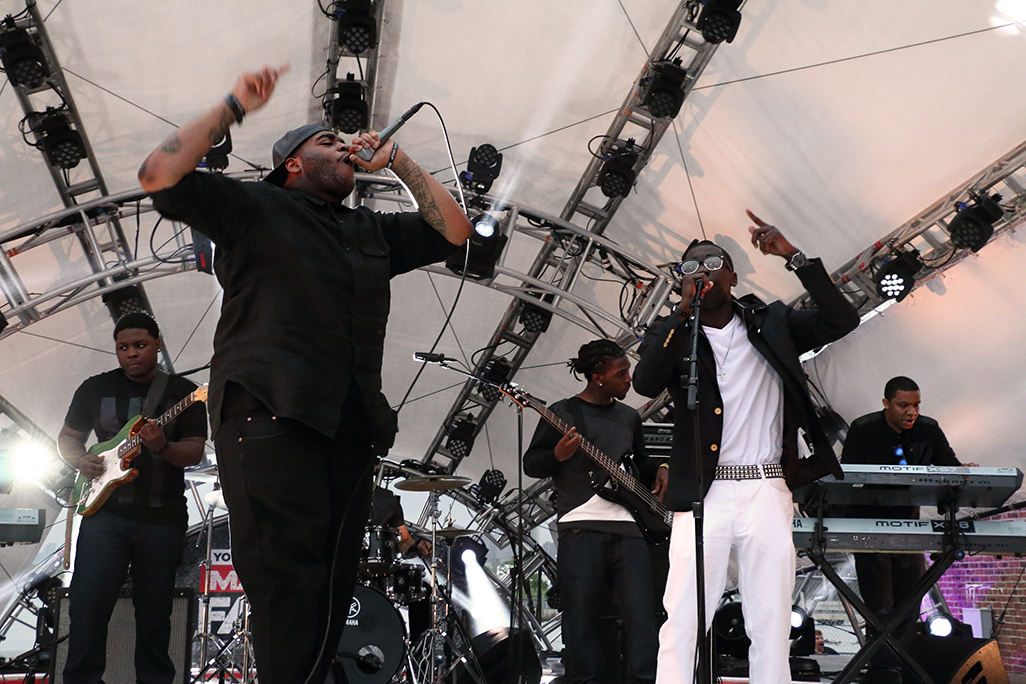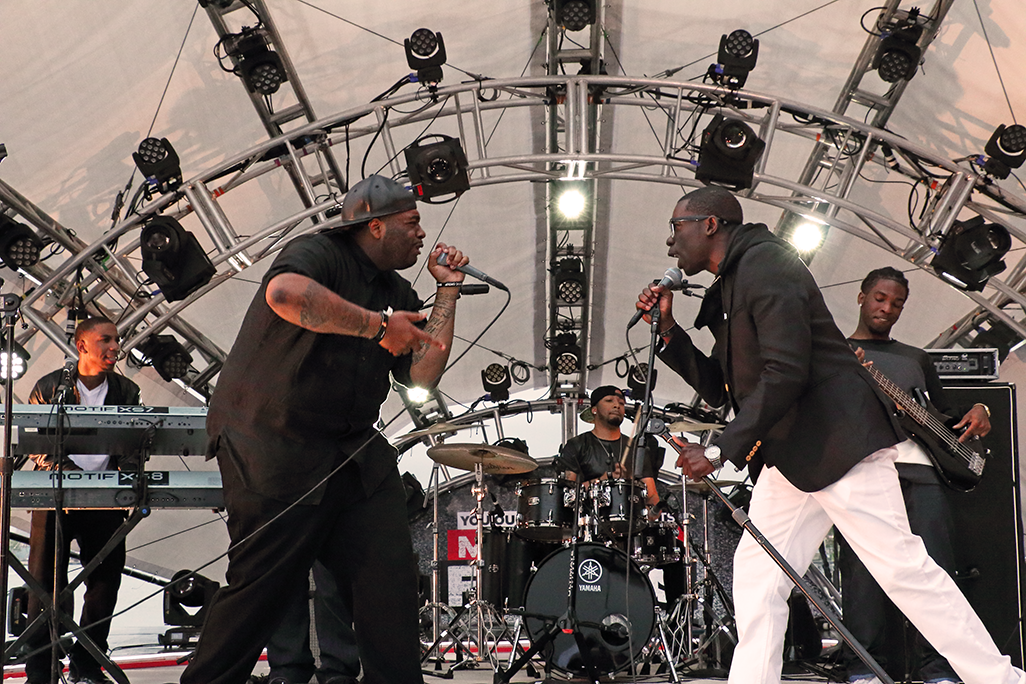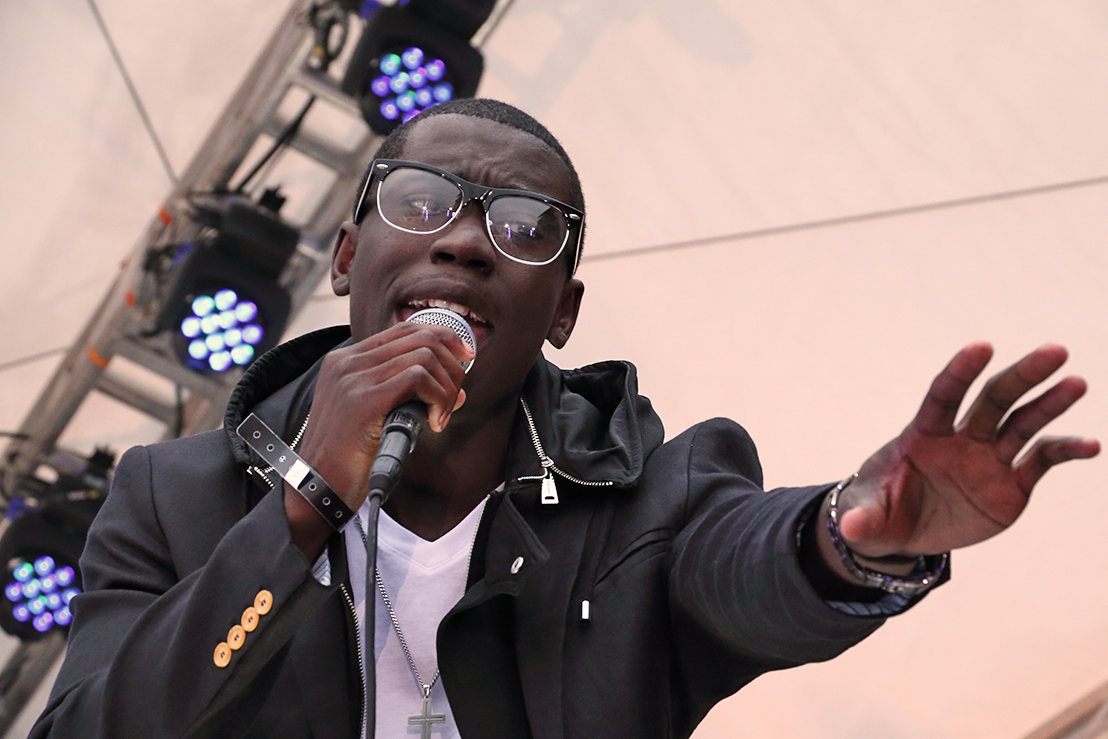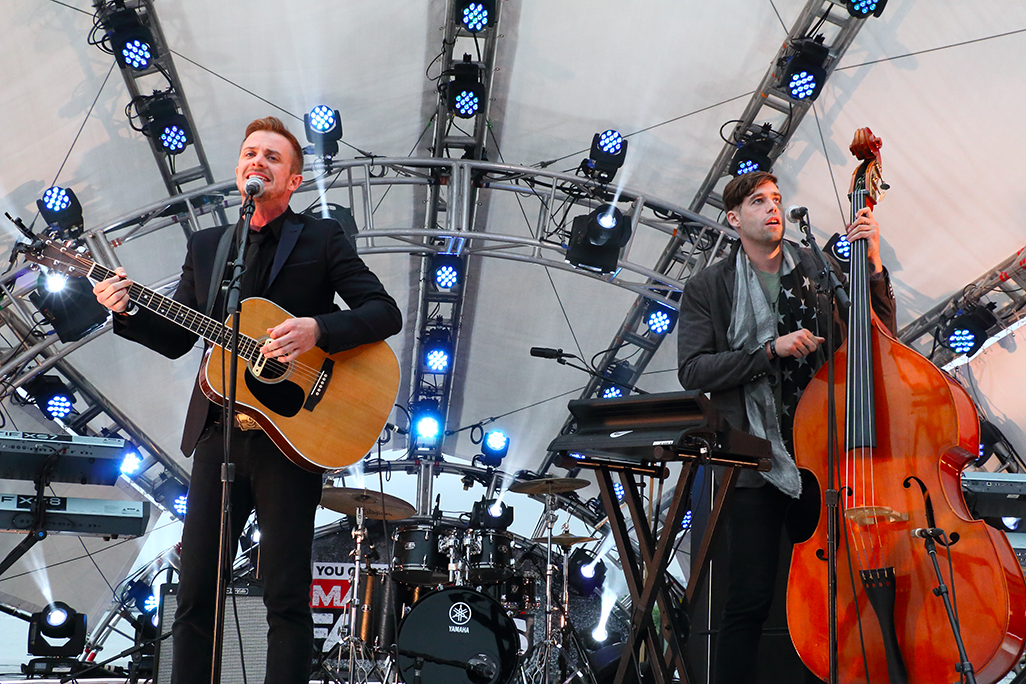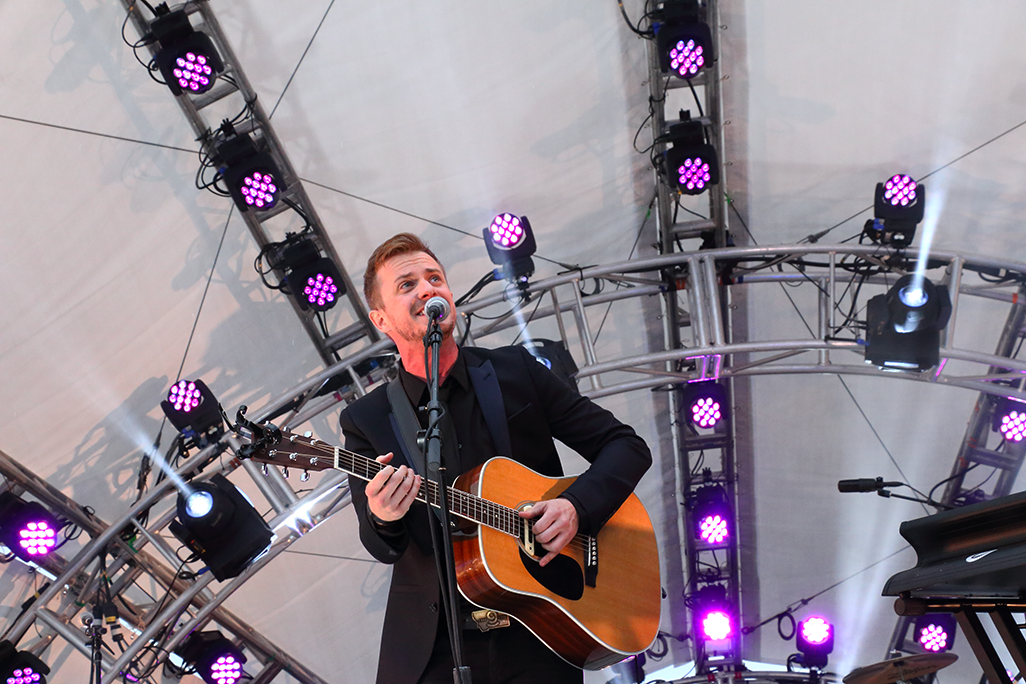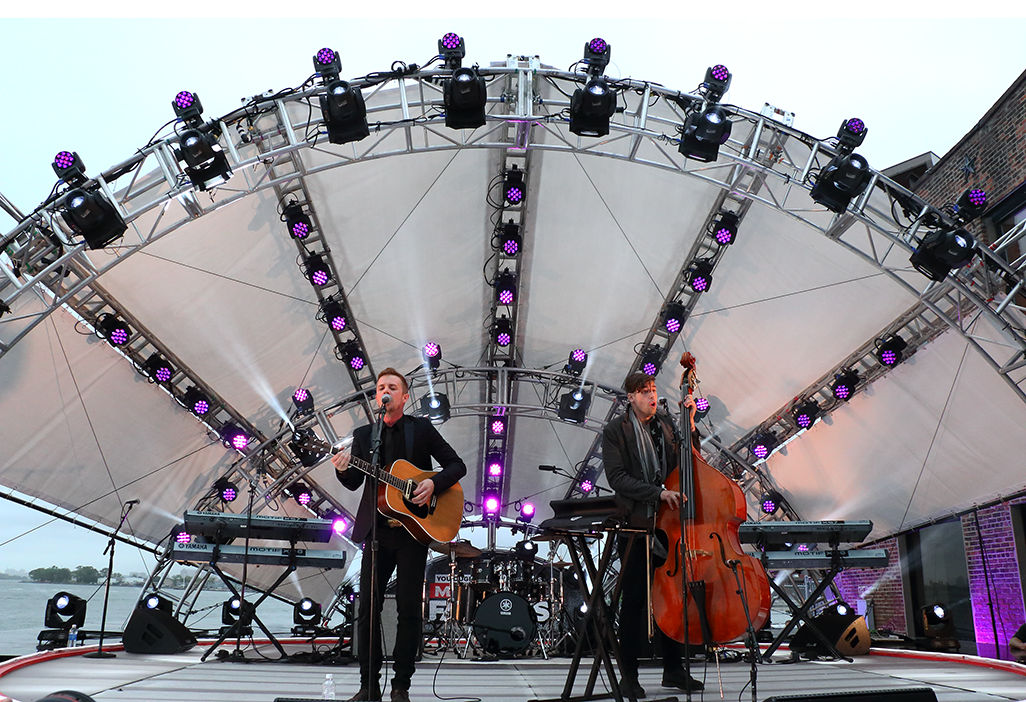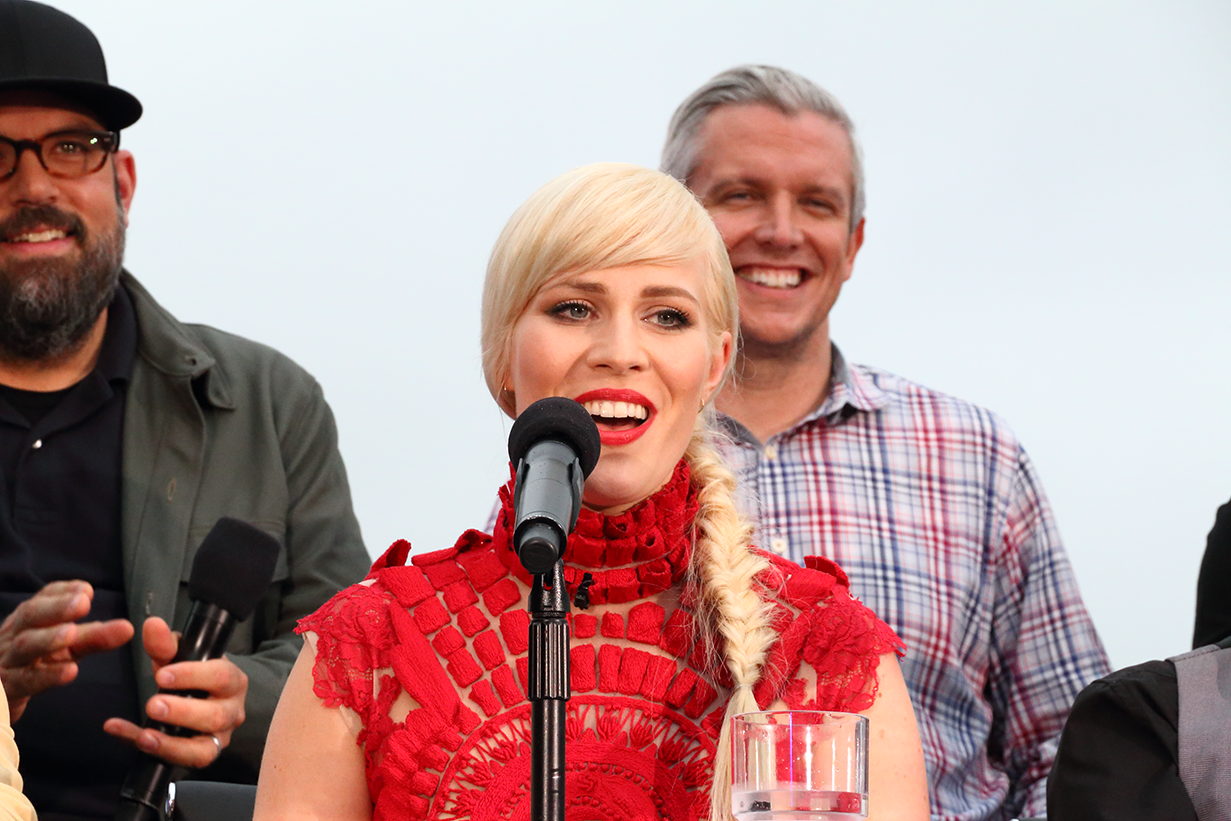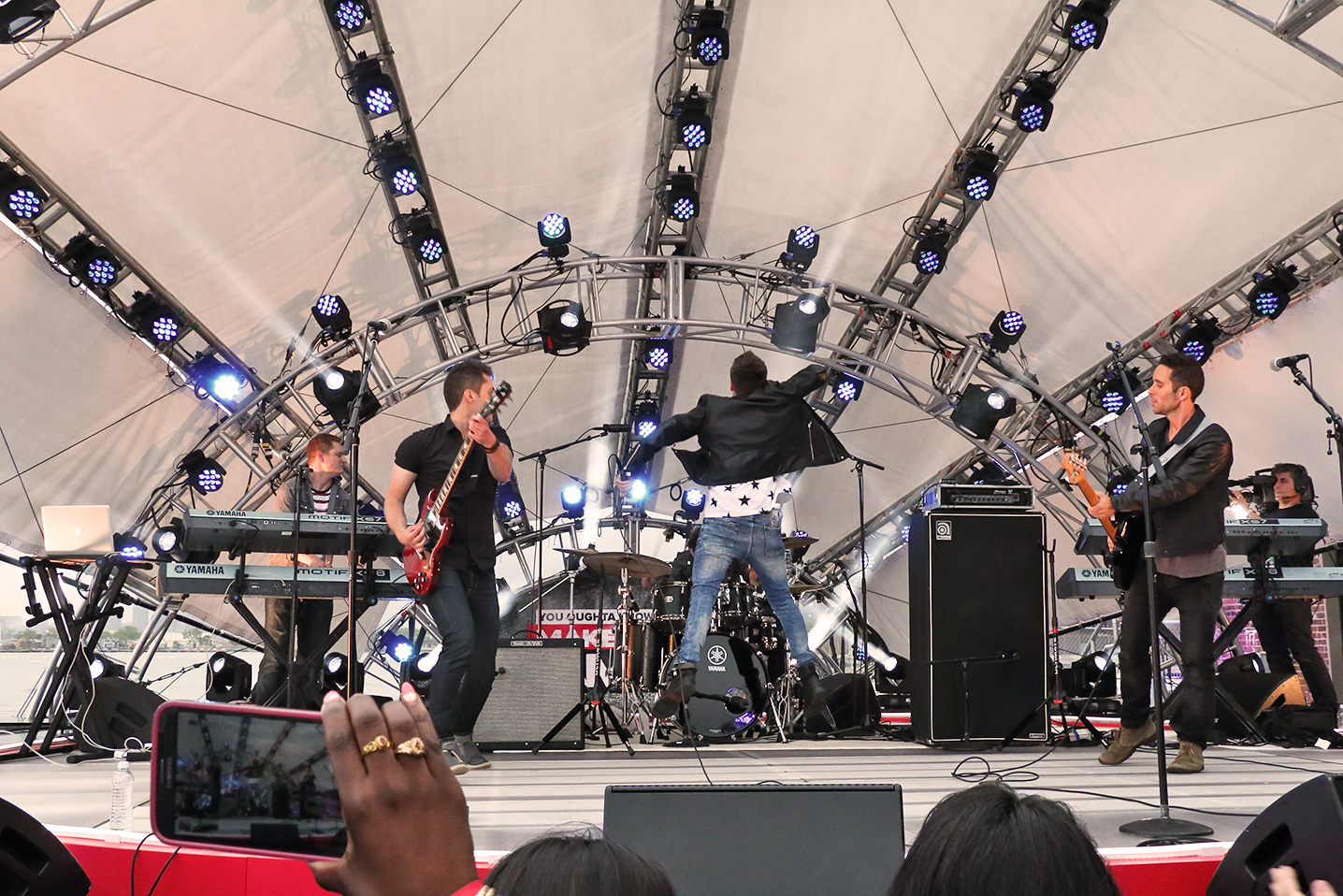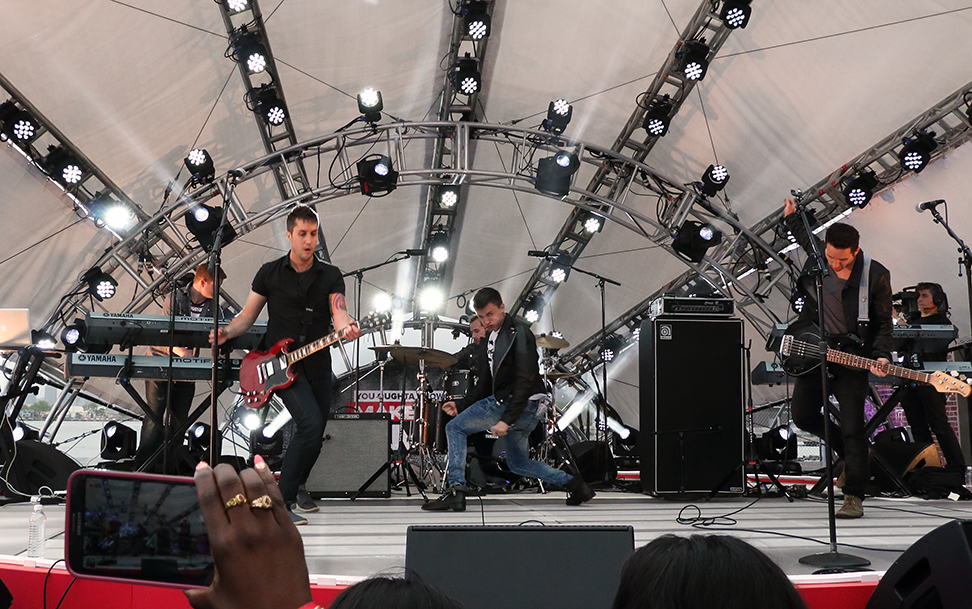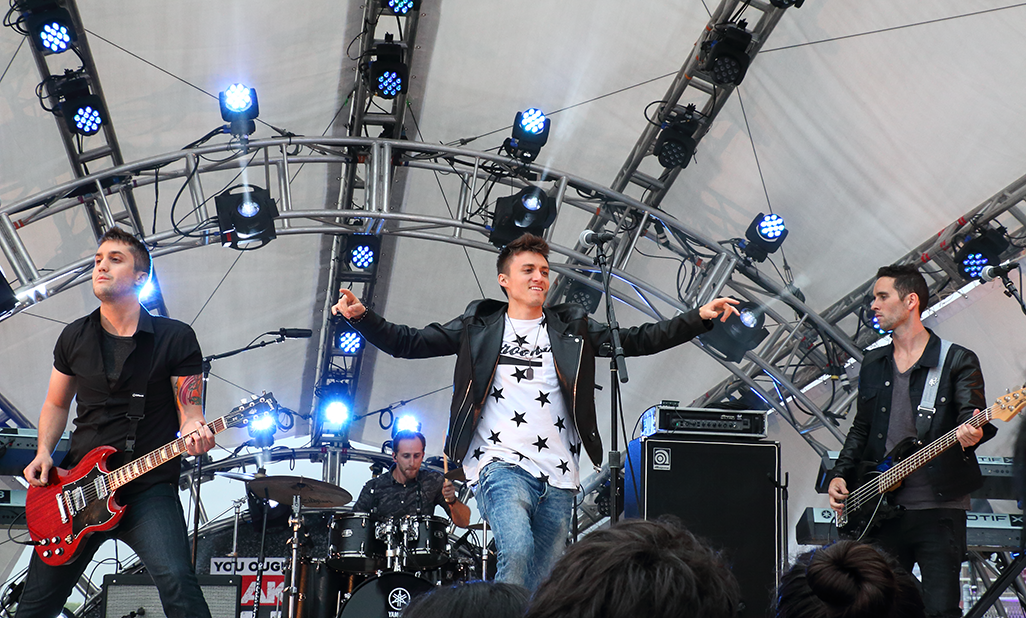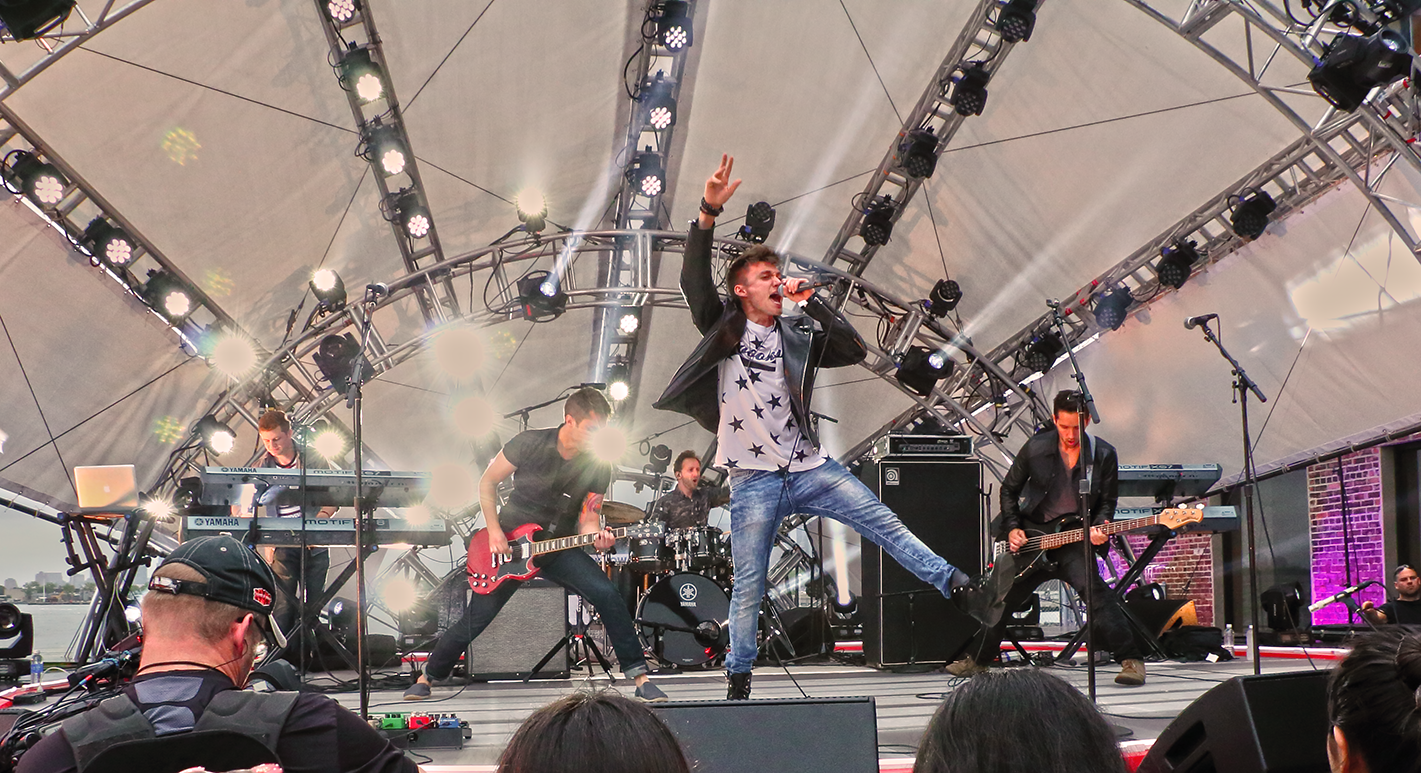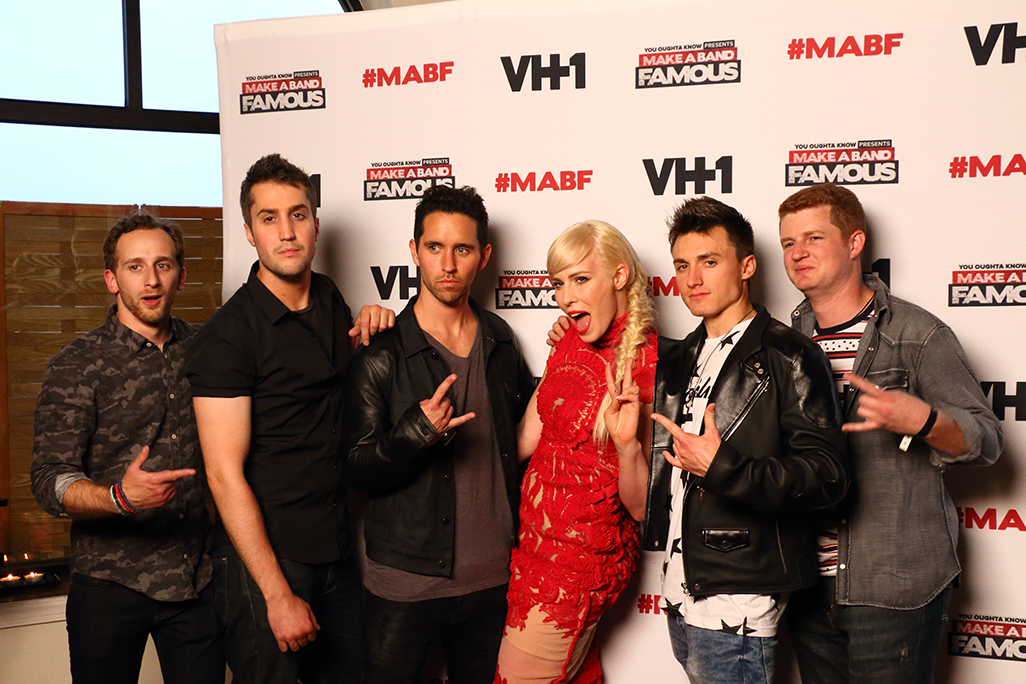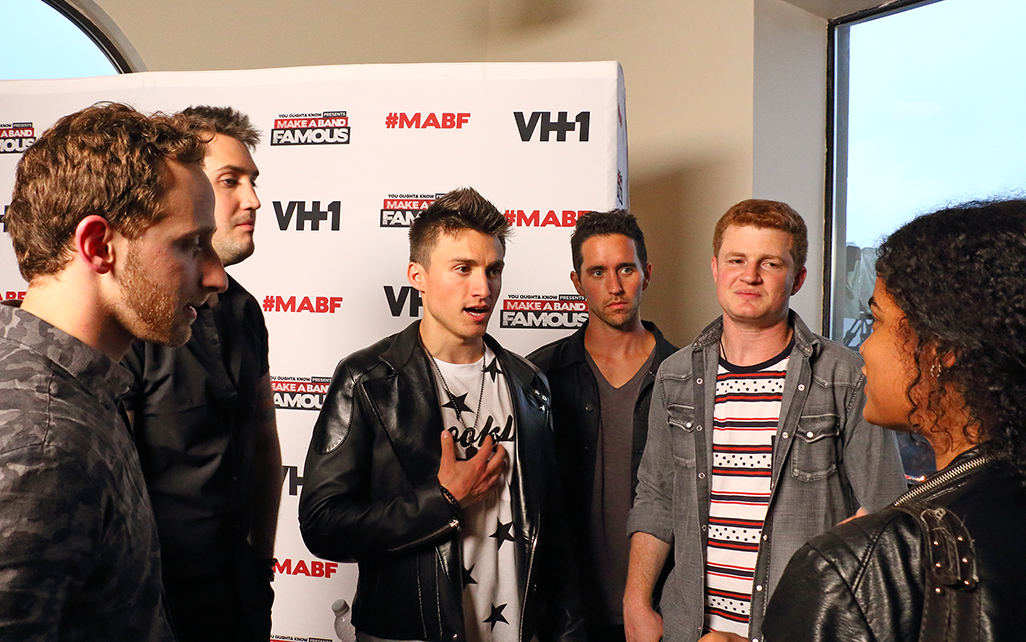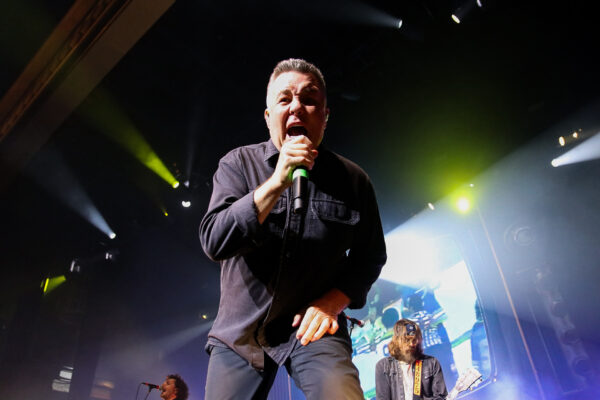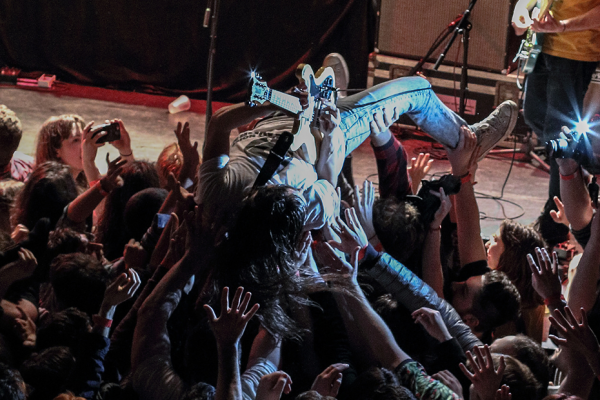There’s something deeply attractive about a music competition. It combines the best and most fraught features of our music industry: mixing and blending genres; the importance of a hit single; the vastness of the Internet; and, of course, the competitive spirit that drives the industry forward. Whether televised or streamed online, music competitions are some of the best ways for us to digest our music. Potential pop stars are praised for their uniqueness—or, conversely, critiqued for their sameness—while fans become critics of the music. These competitions strike a balance between those who write the music and those who listen to it. Somewhere in between, celebrities serve as judges who play with that balance.
There’s an admirable transparency to music competitions. Fans get to see the nuances and details of a hit song and breakout artist. These competitions rest on the notion that voting for your favorite song isn’t just personal—it’s a commitment that makes its way into Spotify lists, concert tickets, and social media. In other words, it’s a public event.
Vh1 enhanced this with Make a Band Famous (MABF), a 24-hour music competition that kicked off on June 11 at the Liberty Warehouse, a large, outlying banquet hall in the Red Hook section of Brooklyn. All-American Rejects lead vocalist and bassist, Tyson Ritter, hosted the competition and guided MABF’s celebrity judges—British singer-songwriter Natasha Bedingfield, bassist and musical director Adam Blackstone, musician and video editor Kurt Hugo Schneider, and Rooney frontman Robert Schwartzman—throughout the competition.
Vh1’s MABF included challenges like busking in the Williamsburg section of Brooklyn and reconfiguring a classic hit single with toy instruments. MABF also required their competitors to construct an entire song with only one motivation: an arbitrarily chosen song title. The entire competition would be streamed online and on Vh1’s app.
The winner of the competition, moreover, was promised a recording contract with Republic Records and a promotional campaign fronted by You Oughta Know, the Vh1 series that breaks artists. 24 bands were selected; some bands flew from cities in California, Colorado, Florida, and Tennessee. By June 12, Ritter and the rest of the judges chose Fancy Regan, the New York City band with New Jersey roots, to receive the grand prize. Nate Albert, Rob Stevenson, and Charlie Walk, executives from Republic Records, helped select Fancy Reagan as well.
Like most music competitions, however, MABF was not just about the product. It was also about the process and personalities that shaped those 24 hours.
The Liberty Warehouse’s solitude is ironically perfect for these sorts of events. The hall is surrounded by stretches of desolate streets; the Hudson River hugs the western end of the warehouse. Governors Island, I noted, was only a few miles away from the warehouse.
Walking closer to the music and mayhem felt like stepping onto a music video set. An impromptu jam session with break dancing erupted sometime before 8 p.m. “It’s probably due to nervous energy,” one person noted of the sporadic performance. The jam peaked before the bands regrouped to perform a 60-second rendition of a song before the celebrity judges. This section of the competition began at 8 p.m. that June evening and eliminated 12 bands.
I found myself in a corner with other photographers and journalists. We lined the walls of a large room in the warehouse, wherein some bands were eliminated. I was several yards from the bands, but I could still hear bits of the rejections. Not enough energy. Not enough stage presence. Not enough care. Making a band famous in 24 hours, it seemed, was a strange concoction of exposure and scrutiny. But the bands were all more than good.The Dead 27s brought their infectious roots rock from Charleston, South Carolina to the edges of Brooklyn. Tyke T, a rapper from Tennessee, brought a fierce sense of energy to his performance. I also caught a glimpse of Chris Ayer and Malado, the two artists who performed with Fancy Reagan at the finale of the 24-hour competition, and their early success.
Ayer is a singer-songwriter based in Los Angeles. Originally from Virginia, Ayer’s folk sound is informed by roots rock, indie pop, and soul. He had released his third record, The Noise, by the time of the MABF competition. Ayer shares the stage with bassist, Kyle McCammon. Ayer performed “Climber,” a witty, sarcastic acoustic number, at the final performance. Malado Music fused together hip-hop, soul, and rock in their performance. They electrified the stage with “Pinocchio,” an emotional track that makes use of the band’s ability to both sing and rap.
The two artists’ onstage energy, however, was no match for Fancy Reagan. The winning band captivated the audience with performances of “You Got It” and “Don’t Say It’s Over.” Both songs highlighted the band’s distinct qualities. Vocalist Sean Michael Murray let his emotions merge with his songs, allowing the songs to evolve into something grander. Keyboardist Jason Krebs added a bit of nostalgia with his lead voicing; guitarist and vocalist Rich Fuchs provided the perfect rhythmic foundation. Bassist Bobby Kay and Drummer Chris Tsaganeas explored the band’s obvious interest in heavier grooves.
I was tangled up in the elbows and hair of the audience. Throughout “You Got It,” I moved out of the point of views of smartphones and cameras; by the time Malado Music closed up the set, I was pushed towards the front of the stage. It was a sweet sensation, getting lost in the crowds. Making a band famous in 24 hours, it seemed, was really just about the attraction between fan and music.
Thirty minutes after 8 p.m. on June 12, more than 24 hours after the first meeting at Liberty Warehouse, Fancy Reagan was nestled inside one of the warehouses. I wandered over to them, musing over the coming changes. Republic Records contract; Vh1 exposure; Pancakes and Whiskey coverage.
“The first thing we’re going to do is sleep,” vocalist Murray noted. They were wide-eyed and jittery. They contemplated the athleticism that was built in MABF. They spoke more about their songwriting. They acknowledged the celebration that would come following the long sleep after the competition. And then they moved onto the next interviewer, inching closer towards their fame.
Article by Pam Segura
Photos by Shayne Hanley
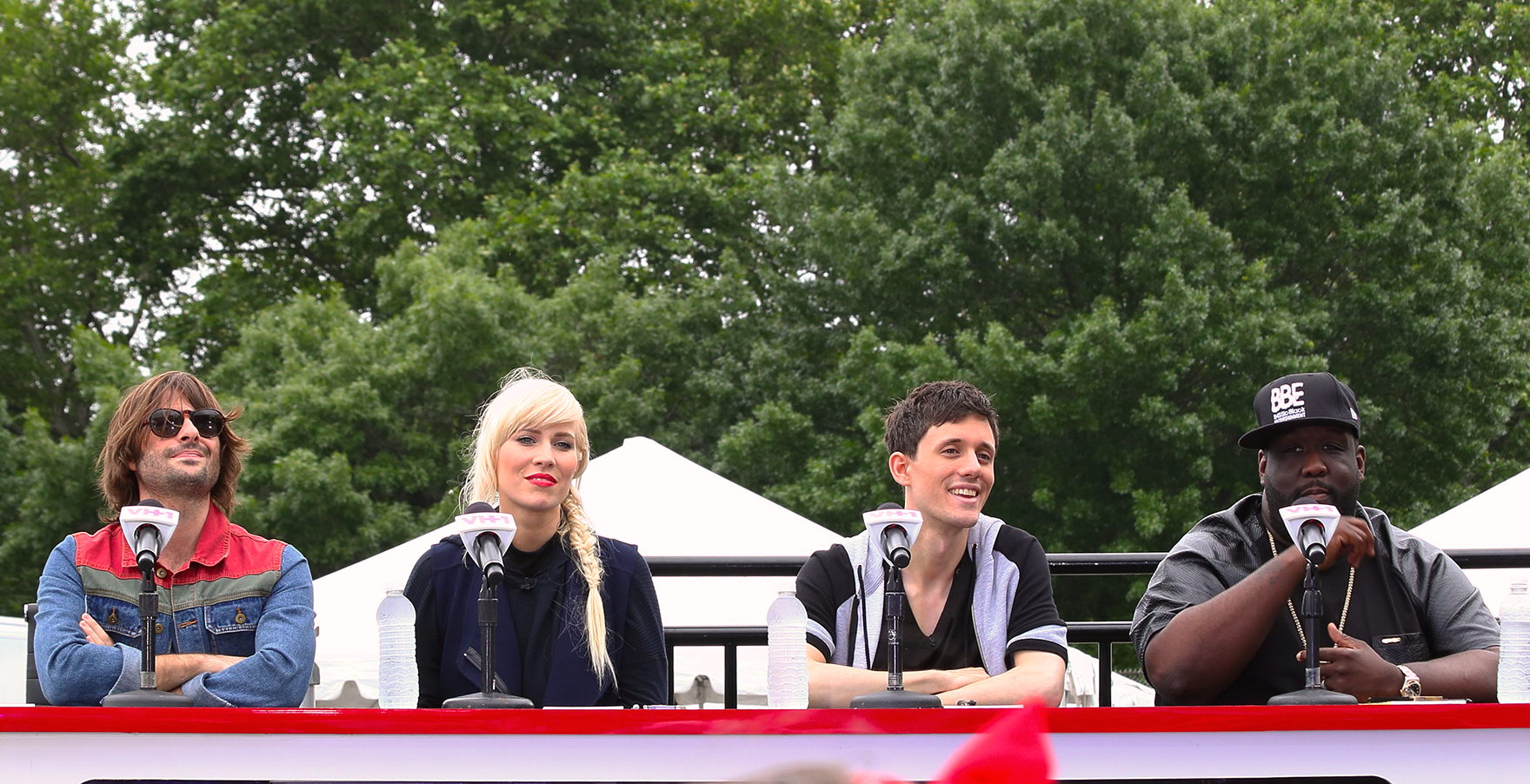
The Judges. From left to right are: Robert Schwartzman, Natasha Bedingfield, Kurt Hugo Schneider, and Adam Blackstone.


